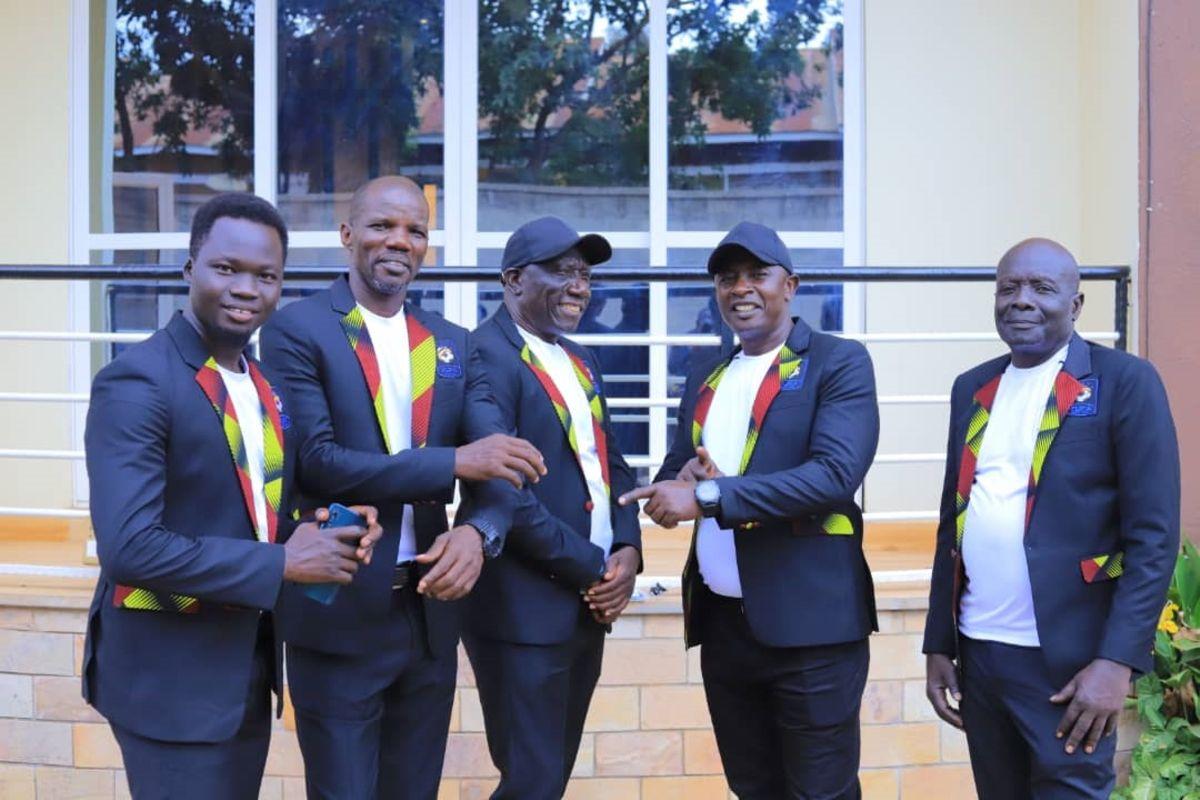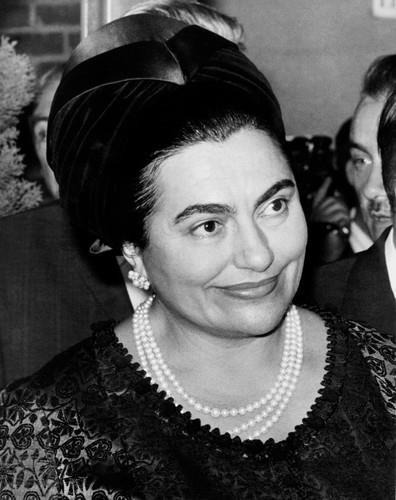Navigating Moral Dilemmas In Nigeria: A Kite Runner Perspective

Table of Contents
Loyalty vs. Justice: A Recurrent Theme in Nigerian Society and The Kite Runner
Nigerian culture places immense value on loyalty – to family, tribe, and community. This strong emphasis on loyalty, while fostering strong social bonds, can often clash with the pursuit of justice. Consider the frequent instances where individuals choose to cover up corruption within their family or community, prioritizing loyalty over reporting wrongdoing to the authorities. This prioritization, while understandable within the context of cultural norms, can have devastating consequences, perpetuating cycles of injustice and hindering societal progress.
This conflict between loyalty and justice mirrors Amir's agonizing choices in The Kite Runner. His silence regarding Hassan's assault stems from a complex web of loyalty to his father and fear of disrupting his privileged life. This silence, born from self-preservation and a misguided sense of loyalty, ultimately fuels his own internal conflict and sets the stage for a decades-long journey of atonement.
- Examples of loyalty-justice conflicts in Nigerian politics: The shielding of corrupt officials by political allies, hindering effective anti-corruption efforts.
- Examples from Nigerian social life: Witnessing a crime but refusing to testify due to fear of retribution or maintaining familial harmony.
- Amir's internal conflict: the weight of silence: The crippling guilt and self-recrimination that haunt Amir for years, demonstrating the long-term consequences of choosing loyalty over justice.
Redemption and Forgiveness: Finding Pathways Through Moral Failure in Nigeria
The concept of redemption plays a significant role in Nigerian culture and religion, offering pathways for those who have committed wrongdoing to seek forgiveness and rebuild their lives. Traditional justice systems often incorporate restorative approaches, emphasizing reconciliation and community healing over solely punitive measures. Religious institutions, too, offer frameworks for atonement and spiritual renewal. This emphasis on forgiveness and rehabilitation contrasts with purely retributive justice systems.
Similarly, Amir’s journey in The Kite Runner showcases the arduous path to redemption. His eventual acts of atonement, though far from simple, demonstrate the possibility of finding forgiveness and making amends for past transgressions. This mirrors the possibilities for redemption present within Nigerian society, showing that even after significant moral failures, there can be a path towards healing and restoration.
- Traditional Nigerian methods of conflict resolution and reconciliation: Community elders mediating disputes, restorative justice practices focusing on repairing harm.
- Religious perspectives on forgiveness and atonement in Nigeria: The role of confession, repentance, and community support in achieving spiritual redemption across various faiths.
- Amir’s efforts to atone for his past actions: His journey to Afghanistan, his rescue of Sohrab, and his ongoing struggle to overcome his past.
The Impact of Social Inequality on Moral Decision-Making in Nigeria
Socioeconomic disparities significantly influence moral decision-making in Nigeria. Poverty, corruption, and lack of opportunity can force individuals into morally ambiguous situations where survival necessitates compromises that might be considered unethical in more privileged circumstances. The stark inequalities present in Nigerian society create a breeding ground for ethical dilemmas, often forcing difficult choices between immediate needs and long-term values.
The Kite Runner powerfully illustrates this dynamic through the stark class differences between Amir and Hassan. The social inequalities depicted in the novel highlight how power imbalances can shape moral choices and create a system where injustice is easily perpetuated.
- Examples of moral dilemmas arising from poverty and corruption in Nigeria: Bribery to access essential services, forced participation in illicit activities to survive.
- The role of social structures in perpetuating inequality and influencing moral choices: Systemic discrimination, lack of access to education and resources.
- The societal impact of the actions of characters like Amir and Assef: How their actions reflect and reinforce societal power structures and inequalities.
Navigating Moral Grey Areas: Practical Applications from The Kite Runner to Nigeria
Navigating moral dilemmas often involves confronting "grey areas"—situations lacking easy answers. The Kite Runner provides valuable insights into this process. Amir's struggles highlight the importance of self-reflection, acknowledging the consequences of our actions, and seeking guidance from trusted sources. This can be applied to the complexities faced in Nigeria.
- Steps to take when confronted with a difficult moral decision: Considering all stakeholders, evaluating potential consequences, seeking advice from ethical mentors.
- The importance of considering the consequences of one's actions: Understanding the ripple effects of choices, both short-term and long-term.
- The value of seeking guidance from trusted sources: Consulting with ethical advisors, religious leaders, or community members for support and perspective.
Conclusion: Reflecting on Moral Dilemmas in Nigeria and the Path Forward
This exploration of moral dilemmas in Nigeria through the lens of The Kite Runner reveals striking parallels between the fictional world of the novel and the realities of Nigerian society. The challenges of loyalty versus justice, the pursuit of redemption, and the profound impact of social inequality resonate deeply. Understanding these complex issues is crucial for fostering a more just and ethical society. We must engage in open and honest conversations about navigating ethical challenges in Nigeria and promoting ethical decision-making in Nigeria. Let us continue exploring resources and engaging in discussions that further illuminate the pathways towards a more equitable and morally sound future. Further reading on ethics and social justice within the Nigerian context is highly encouraged.

Featured Posts
-
 Who Is Lou Gala From The Decameron
May 20, 2025
Who Is Lou Gala From The Decameron
May 20, 2025 -
 Andelka Milivojevic Tadic Detalji Sahrane I Prisustvo Milice Milse
May 20, 2025
Andelka Milivojevic Tadic Detalji Sahrane I Prisustvo Milice Milse
May 20, 2025 -
 Cote D Ivoire Comprendre La Numerotation Des Maisons Dans Le District D Abidjan
May 20, 2025
Cote D Ivoire Comprendre La Numerotation Des Maisons Dans Le District D Abidjan
May 20, 2025 -
 Dzhennifer Lourens I Ee Vtoroy Rebenok Novosti O Zvezde Golodnykh Igr
May 20, 2025
Dzhennifer Lourens I Ee Vtoroy Rebenok Novosti O Zvezde Golodnykh Igr
May 20, 2025 -
 The Us Typhon Missile System Strengthening Philippine Defense Against Chinese Aggression
May 20, 2025
The Us Typhon Missile System Strengthening Philippine Defense Against Chinese Aggression
May 20, 2025
Latest Posts
-
 Updated Rain Forecast Precise On And Off Shower Timing
May 20, 2025
Updated Rain Forecast Precise On And Off Shower Timing
May 20, 2025 -
 D Wave Quantum Qbts Stock Jump On Friday Analysis Of Market Factors
May 20, 2025
D Wave Quantum Qbts Stock Jump On Friday Analysis Of Market Factors
May 20, 2025 -
 Exploring The Reasons For D Wave Quantum Inc Qbts Stocks Recent Increase
May 20, 2025
Exploring The Reasons For D Wave Quantum Inc Qbts Stocks Recent Increase
May 20, 2025 -
 D Wave Quantum Qbts Stock Market Performance A Deep Dive Into Recent Events
May 20, 2025
D Wave Quantum Qbts Stock Market Performance A Deep Dive Into Recent Events
May 20, 2025 -
 D Wave Quantum Inc Qbts Stock Surge On Friday Reasons Behind The Rise
May 20, 2025
D Wave Quantum Inc Qbts Stock Surge On Friday Reasons Behind The Rise
May 20, 2025
